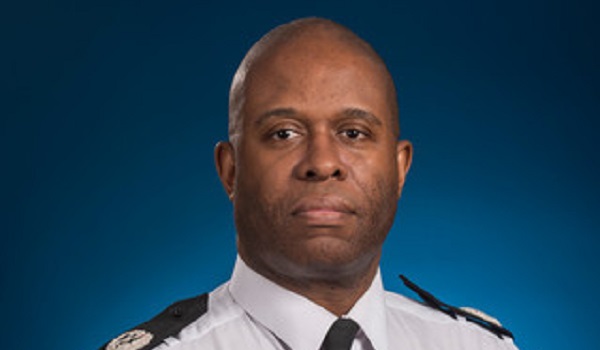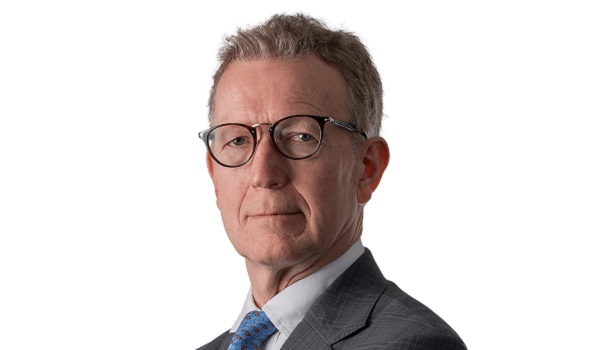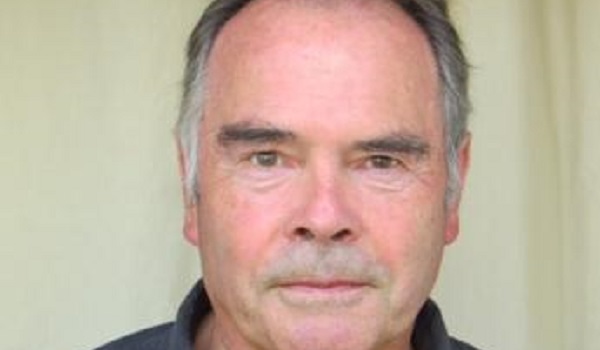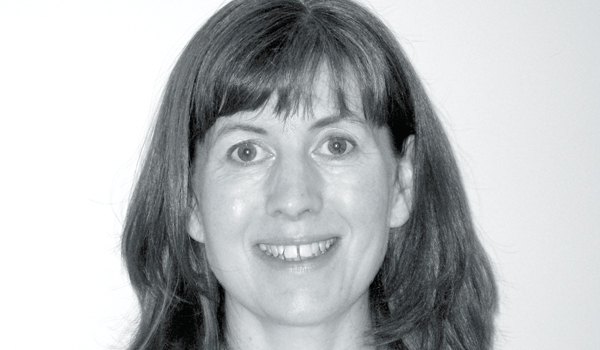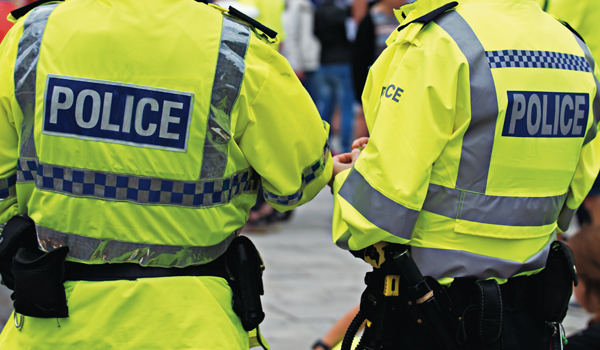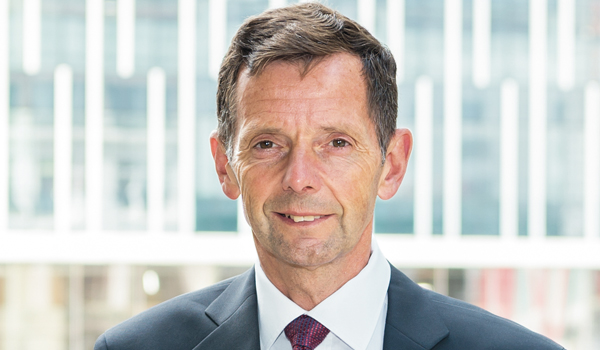'We're not institutionally racist; some of our best officers are black'
In his latest blog post, West Midlands Police Assistant Chief Constable Matt Ward tackles the issue of institutional racism and asks how the police can regain the trust of the public.
Of course, the above headline is a made-up quote which has never been said by West Midlands Police or any other police force. In a week which marks the anniversary of the 1999 Macpherson Report that labelled the Met Police institutionally racist, it is a useful parody of the old trope ‘I’m not racist; some of my best friends are Black’ to help us understand how we can sometimes respond to personal criticism – with defensiveness and false logic.
At a time when police forces are once again under national scrutiny for the way they treat black people, women and the LGBT community, such challenge always feels very personal to me, regardless of which force is in the spotlight.
I think this is because policing is personal; policing both reflects and shapes who we are.
I joined West Midlands Police because of good and bad personal experiences I had as a teenager. I was the same age as Stephen Lawrence when he was racially murdered and I still feel my anxiety when catching buses late at night in unfamiliar areas. I was there when the Macpherson Inquiry visited Birmingham and remember being torn by the passionate and heated debate about whether West Midlands Police, the force I’m passionate about, was or was not institutionally racist. I even smile wryly when I think back to meeting in secret as we formed the first Black Police Association within the West Midlands because black and Asian officers coming together to share their experiences was perceived by some as being both subversive and divisive.
And I can still recall the profound disappointment I felt in policing’s senior leaders when BBC Panorama showed a programme called ‘The Secret Policeman’. It was an undercover report into racism at a police training college in Cheshire in 2003. Prior to the programme being broadcast, chief constable after chief constable came forward to denounce the BBC for using underhand techniques to create a negative story where none existed because, in their experience, racism was being successfully tackled as a result of the new training courses and diversity actions plans introduced after Macpherson. After the programme was broadcast, exposing explicit racist language used by police recruits and trainers alike, ten officers resigned, 12 more were disciplined and three trainers were removed from their positions. Interestingly, no senior officers ever questioned the BBC’s methods again.
As I read the Operation Hotton report about the vile WhatsApp messages shared between officers at Charing Cross police station it felt like a modern-day equivalent of the Secret Policeman – a reality that we choose to deny until confronted by the hard evidence and then contextualise as the actions of an unrepresentative minority of bad apples.
On the back of the Hotton report, and other issues across all forces, I have no doubt that the debate about ‘Is policing institutionally racist/misogynistic/homophobic?’ will play out again in the media and parade rooms.
But I find a debate about a label as distracting as the debate about whether the BBC should have used undercover tactics. It misses the point – the same point that Scarman (1981), Macpherson (1999), Lammy (2017) and (regarding the Home Office) Williams (2020) have all made – that until policing accepts it has and continues to treat certain communities, such as the Black community, less favourably than others then we will not be seen as their protectors. And if communities do not see us as their protectors they have no reason to cooperate with us. And if they don’t cooperate with us, we can’t protect them. Breaking this vicious circle is at the heart of what we now call policing legitimacy.
In relation to how we treat black people I’m afraid the data is overwhelming: Black people experience policing powers disproportionately – much more likely to be stopped and searched and much more likely to have force used against them; black people experience disproportionate negative outcomes across the criminal justice system, including as victims; there is a significant lack of representation of black officers and staff, particularly in senior ranks; and there is a 20 per cent gap in confidence in policing between black Caribbean communities and the general population – a gap which is historic and widening.
It is for these reasons UK policing has set up an Inclusion and Race Action Plan, headed by our own chief constable and which this month I have also joined. It is also why I chair our new WMP Legitimacy in Communities Board.
But these are also very difficult and personal messages for us to hear – because we believe we do not act based on our biases and neither do our friends and colleagues. Therefore, in the face of such personal criticism it is only natural for us to become defensive by either challenging the statistics or using questionable logic to perpetuate stereotypes within black communities.
However, there are alternative responses and the Coventry City of Culture has found one…
Last year the City of Culture commissioned, Kay Rufai, our first ever artist-in-residence to explore the barriers between policing and young people. His Barriers to Bridges project has been a unique opportunity to focus on personal stories, not statistics, as he shares the lived experiences of both police officers and young people at the CVX Festival on February 25.
As a piece of art, we will each see Kay’s work it in a different light. Like all artwork some will love it, some will hate it, some will be indifferent. But we will all have a personal reaction to it. I hope that by sharing our personal reactions we can, perhaps, start to have the brave and honest conversations that have been too long in the making.

